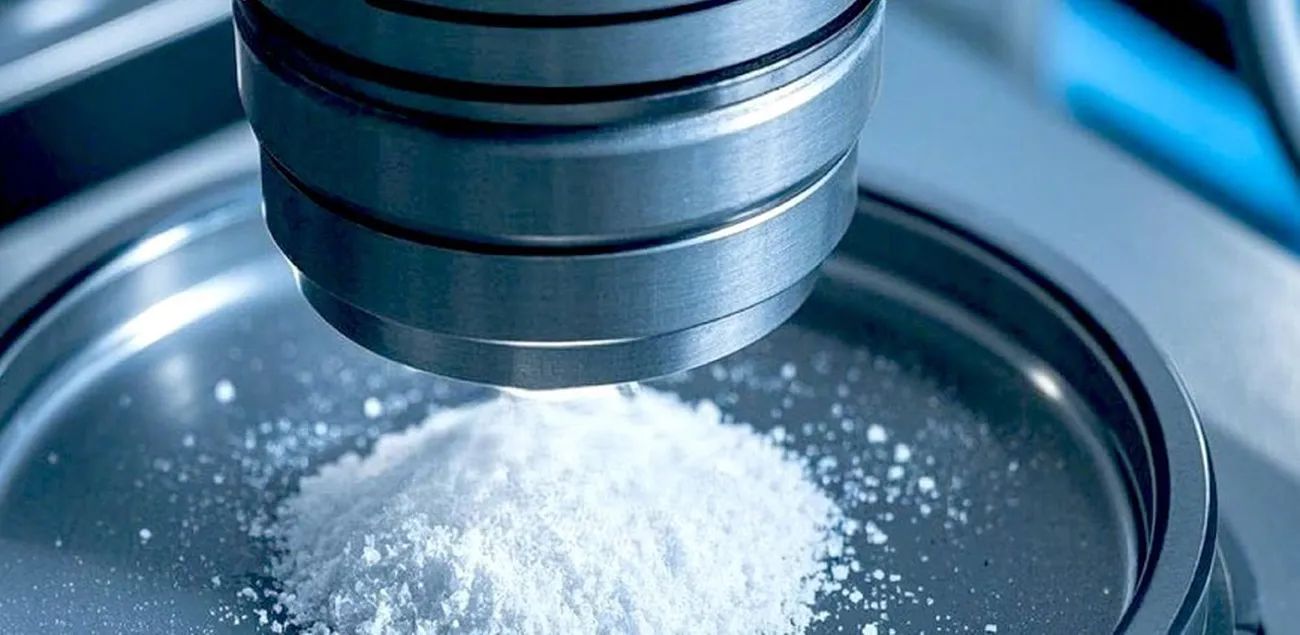
Rio Tinto, a British-Australian multinational and the world’s second-largest metals and mining corporation, has signed a nonbinding memorandum of understanding with Reed Advanced Materials, an Australian lithium technology developer, to validate the ELi Process that could reduce processing costs for converting lithium brines into battery-grade chemicals. The collaboration builds on successful pilot trials conducted at Rio Tinto’s Rincon lithium project in Argentina during 2023 and 2024, where the technology produced high-purity lithium hydroxide monohydrate crystals using electricity-based methods rather than traditional chemical precipitation processes.
Technology Addresses Industry Cost Pressures
The ELi Process represents an alternative approach to lithium chemical production that uses electricity and fewer bulk reagents compared to conventional methods, potentially reducing operating costs and environmental impact. Traditional lithium processing requires substantial quantities of sodium carbonate, lime, and other chemicals to precipitate lithium from concentrated brines, while the ELi technology employs electrolysis to achieve similar purification results with reduced reagent consumption.
Reed Advanced Materials operates as a 70/30 joint venture between Neometals and Mineral Resources, two Australian companies seeking to commercialize advanced mineral processing technologies. The partnership reflects growing industry interest in alternative processing methods as lithium producers face margin pressure from declining prices and increasing competition from Chinese operations using lower-cost lepidolite feedstock.
Pilot Testing Demonstrates Technical Viability
The collaboration follows extensive testing at Rio Tinto’s Rincon project in Argentina’s Salar de Rincon, where brine samples underwent electrolysis trials to validate the ELi Process performance under real-world conditions. The testing produced lithium hydroxide monohydrate crystals meeting battery-grade specifications, demonstrating the technology’s ability to compete with established processing methods in terms of product quality and purity.
Rio Tinto’s Rincon project represents one of Argentina’s largest lithium brine deposits, with resources estimated at 5.5 million tonnes of lithium carbonate equivalent. The project has faced development delays due to challenging brine chemistry and high magnesium content that complicates conventional processing, making alternative technologies like ELi potentially valuable for improving project economics.
Market Context Drives Innovation Investment
The lithium industry has experienced significant price volatility, with lithium carbonate prices declining from peaks above $80,000 per tonne in late 2022 to approximately $10,000 per tonne by mid-2024. This price compression has forced producers to seek cost reductions through improved processing efficiency, alternative technologies, and operational optimization to maintain profitability in a more competitive market environment.
Global lithium demand continues expanding driven by electric vehicle adoption and energy storage deployment, but oversupply conditions have pressured margins across the value chain. Companies are increasingly focused on processing innovations that can reduce costs, improve recovery rates, or enable development of previously uneconomic resources with challenging brine chemistry.
Development Timeline and Commercial Prospects
Under the memorandum of understanding, Rio Tinto and Reed Advanced Materials will collaborate on optimization testing and pilot plant design criteria development, with potential trials at existing operations. The partnership could lead to commercial licensing agreements if testing validates the technology’s economic advantages over conventional processing methods.
The companies have not disclosed specific timelines for commercialization, but industry observers suggest that proven alternative processing technologies could attract significant interest from lithium producers seeking competitive advantages. Successful validation could position Reed Advanced Materials for licensing agreements with multiple operators facing similar processing challenges.
Company Background and Market Context
Rio Tinto operates as one of the world’s largest mining companies with diversified operations spanning iron ore, aluminum, copper, and emerging battery materials including lithium. The company’s lithium strategy focuses on developing world-class deposits that can compete effectively in long-term markets, with particular emphasis on projects offering scale, grade, and processing advantages.
Reed Advanced Materials represents a specialized technology development venture combining Neometals’ metallurgical expertise with Mineral Resources’ operational experience. Neometals has developed various mineral processing technologies including lithium, vanadium, and titanium recovery methods, while Mineral Resources operates diversified mining and processing operations across Australia.
Lithium processing technology continues evolving as producers seek methods to improve recovery rates, reduce costs, and enable development of challenging resources. The industry has traditionally relied on evaporation ponds for brine concentration followed by chemical precipitation, but alternative approaches including direct lithium extraction and electrolysis-based methods offer potential advantages for specific deposit types and operating conditions.



